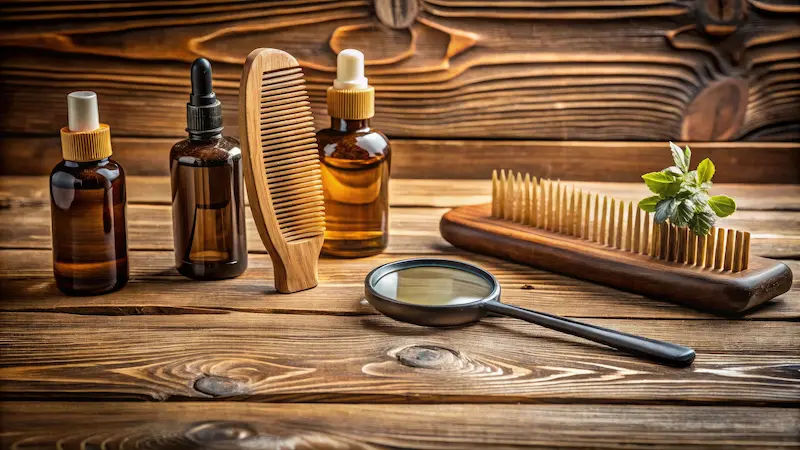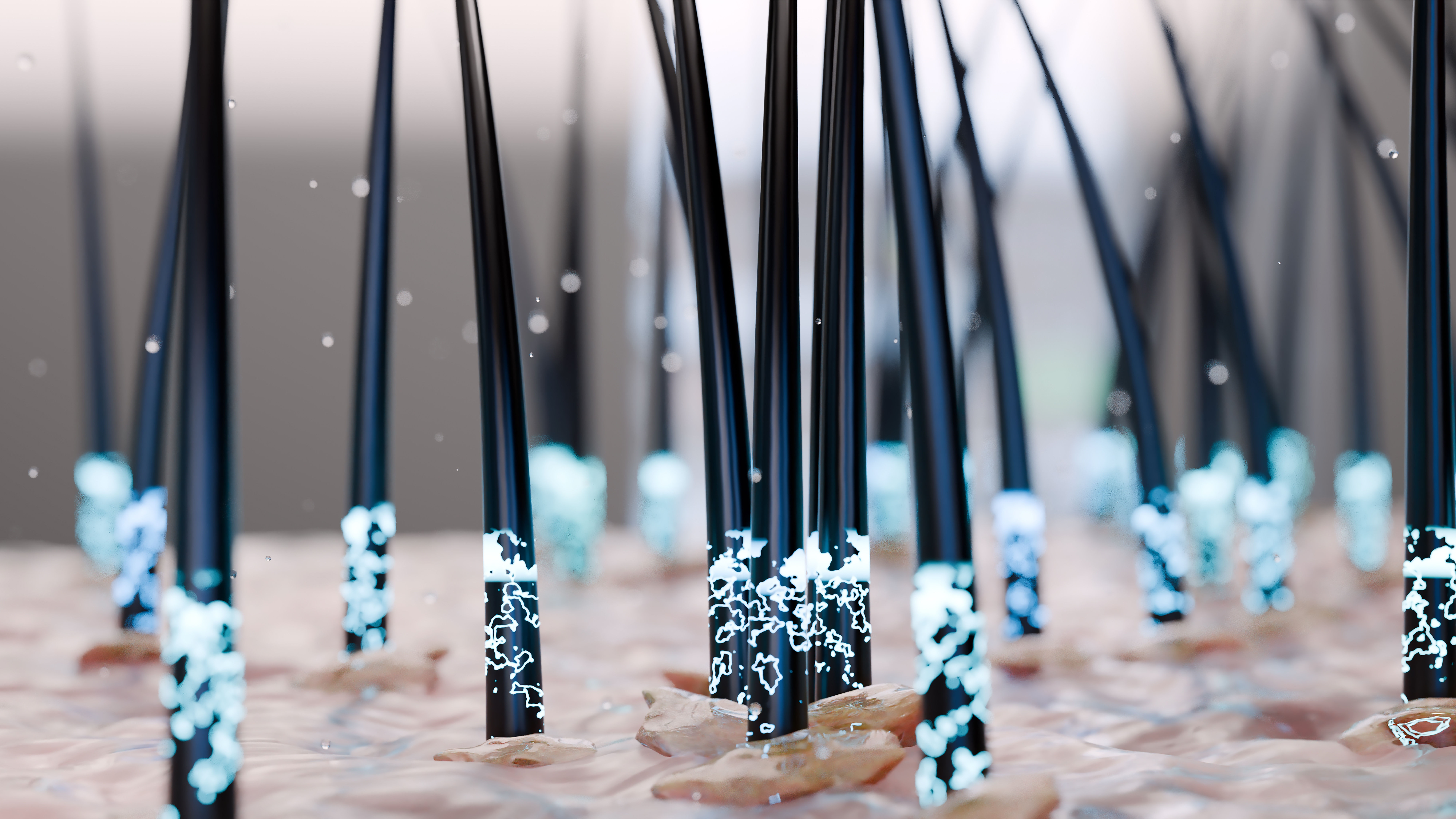- female
- 30 Years
- 01/04/2021
How can I reduce facial hair growth naturally?
Answered by 1 Apollo Doctors
The traditional mixture of gram flour, turmeric and curd is said to marginally reduce hair growth. Apply this mixture on your face and rinse it once it dries
Dr. Shubham Suggests...
Consult a Dermatologist
Answered 04/07/2025
0
0


Ask Apollo
AI powered Health Chatbot
-
Understanding Facial Hair Growth
- Common causes include hormonal imbalances, such as elevated androgens.
-
Natural Methods to Reduce Facial Hair
- Dietary Adjustments: Incorporate foods like flaxseeds and spearmint tea to help balance hormones.
- Herbal Remedies: Consider using spearmint tea, which may reduce androgen levels.
- Proper Skincare: Exfoliate regularly to maintain skin health and reduce hair visibility.
-
Lifestyle Changes
- Stress Management: Practice relaxation techniques to manage stress, which can affect hormone levels.
- Regular Exercise: Engage in physical activity to support hormonal balance.
-
When to Seek Medical Advice
- Consult a healthcare professional if you notice signs of conditions like PCOS or if facial hair growth is persistent or severe.
-
Additional Tips
- Use safe hair removal methods like threading or waxing.
- Avoid harsh chemicals that may irritate the skin.
Answered 20/08/2025
0
0
More Dermatology Health Queries
View allI'm concerned about my situation. I've been experiencing this intense itching sensation on my scrotum for the past three months. It's like pins and needles, and although there's no visible rash, it's really bothering me. Can you help me figure out what's causing this and how I might be able to relieve the itch?
That could be Fungal Infection and needs oral and topical antifungal medicines visit Dermatologist for the same and maintain Personal Hygiene .
Answered by 1 Apollo Doctors
I've been dealing with a dandruff issue and was told by my dermatologist to use Candid B lotion. I'm a bit unsure about how much of it I should apply. Also, once I put it on, do I need to leave it in, or can it be washed off after some time? Would really appreciate some guidance on this.
it can be washed
Answered by 1 Apollo Doctors
I'm an 18-year-old girl dealing with dandruff and skin tans, and my dermatologist recommended Dermadew soap. It really improved my skin, which is great, but now I've started getting acne on my face. Can I keep using the same soap? Should I be worried about this acne?
That could be due to dandruff,you can continue the soap additionally take care about dandruff which will evantually correct your acne also,visit dermatologist for appropriate treatment..
Answered by 1 Apollo Doctors
Disclaimer: Answers on Apollo 247 are not intended to replace your doctor advice. Always seek help of a professional doctor in case of an medical emergency or ailment.

 Can dietary changes really reduce facial hair?
Can dietary changes really reduce facial hair? 


